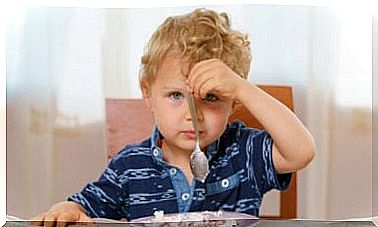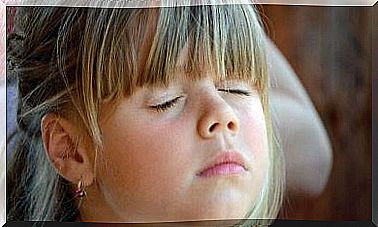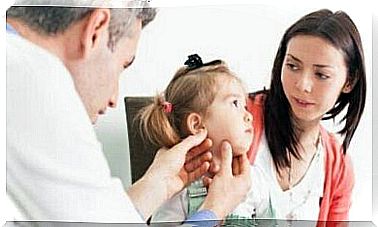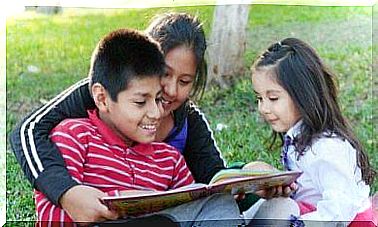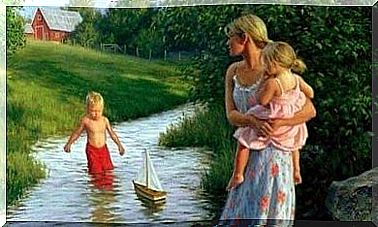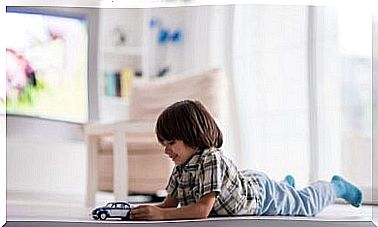Child Education: Main Characteristics And Goals
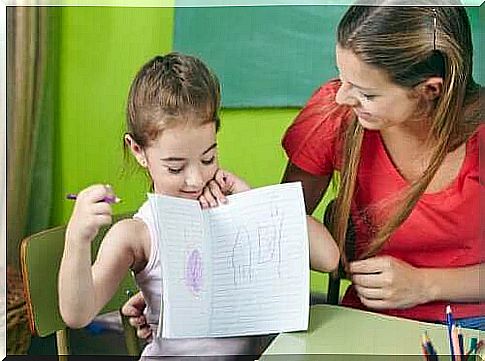
Child education is a sub-discipline and a specific branch of study within the main science of education.
In order to be able to delimit these areas from one another, we must first of all know what pedagogy as a science actually is. Then we will explain to you what child education is and what specific objectives it pursues.
What is pedagogy?
Pedagogy is a scientific discipline mainly concerned with the study of education and upbringing, as well as various teaching methods.
Experts consider it an applied psychosocial science. Its aim is to analyze, organize and improve the training and further education of people.
In every society there is an understanding of how individuals behave and how they should act. The experts are also guided by these principles.
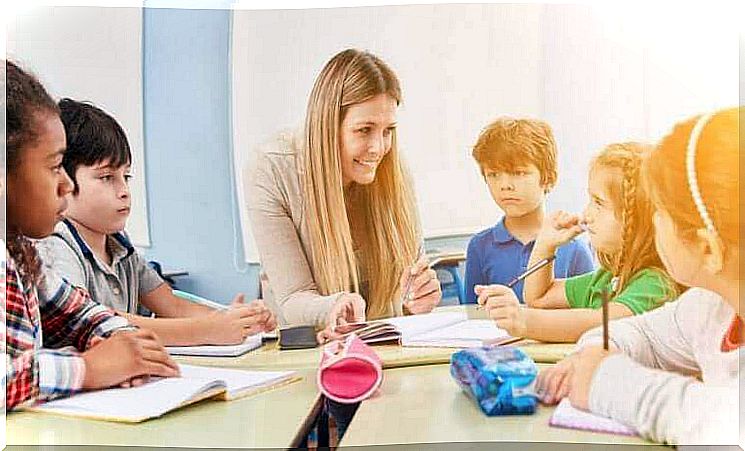
In addition, pedagogy also makes use of other sciences such as philosophy, sociology and psychology. She sees education as a complex phenomenon that needs to be viewed from different angles.
In addition , pedagogy seeks to plan, implement and evaluate the various methodologies and techniques that can facilitate the teaching and learning process.
What is child education?
As the name suggests, child education is specifically concerned with the study of children. This discipline focuses particularly on studying the first years of a child’s life.
As a branch of study or a sub-discipline of pedagogy , child pedagogy analyzes the maturation and development process of children. In addition, it also looks at the skills a child acquires in this first phase of life. The reason for this is that these skills are seen as a fundamental foundation for their further development.
In addition, when assessing individual children, children’s education takes into account a large number of different elements and aspects. Among other things, these are of a social, ecological and economic nature. These elements are always examined in relation to the specific context of the child.
Therefore , the role of child educators is to develop, organize, execute and evaluate various strategies, methods and didactic resources that enable children to acquire new skills at a young age.
The aim of this science is to develop and plan teaching and learning situations that stimulate and enable the child’s development. Experts take into account the development on the physical and biological level. In addition, psychological, cognitive, social and emotional development are equally relevant.
Features of children’s education
Children’s pedagogy and the methods developed and applied by experts are characterized by the following main features:
- Understanding the individual development needs of a child and taking into account the environment and context in which this child lives.
- Consideration of the children’s educational needs depending on the individual situation and the different stages of development.
- In addition , children should be encouraged to develop and grow independently. This also includes the ability to think for yourself.
- In addition, cooperation with the family and various educational institutions is part of children’s education.
- Another important feature is the development, coordination, implementation and evaluation of education and training programs. These can be used in schools as well as in other places such as companies, NGOs, associations, clubs, etc.
- The development and analysis of comprehensive educational policy measures as well as the examination of subsidies, research and training for this phase of early childhood education are also part of children’s education.
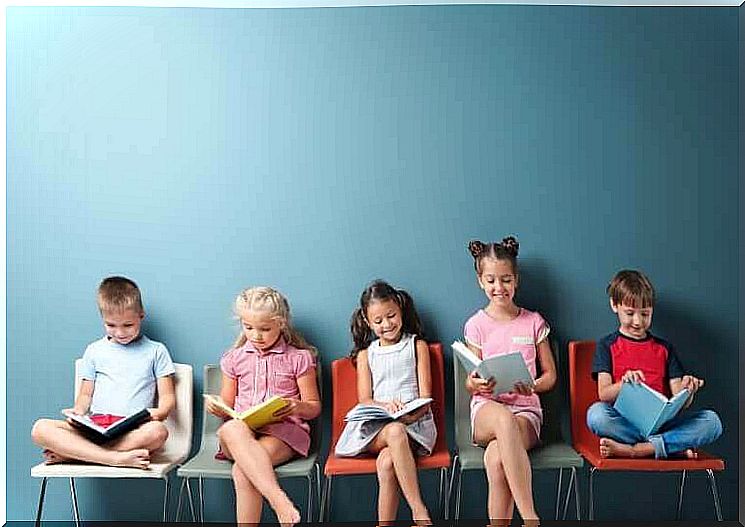
Games, the best methodological tool in children’s education
Games play a very important role in the general development of children. That is why children’s education also uses games for development and educational purposes.
Games make the learning process easier for children as they make it more fun and interesting. For this reason, games are a great didactic tool in children’s education.
Through them, the child educators can develop and realize the main objective of their discipline, early childhood learning, very well.
In this way, the goals of professional child pedagogy are achieved, which consist in promoting the correct motor, intellectual, creative, emotional, social and cultural development of children through learning.


